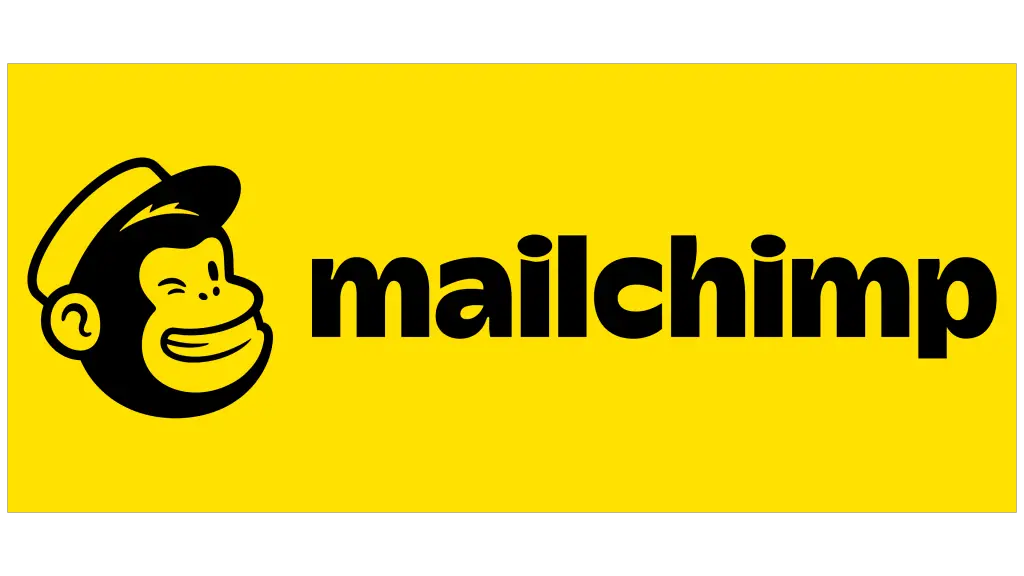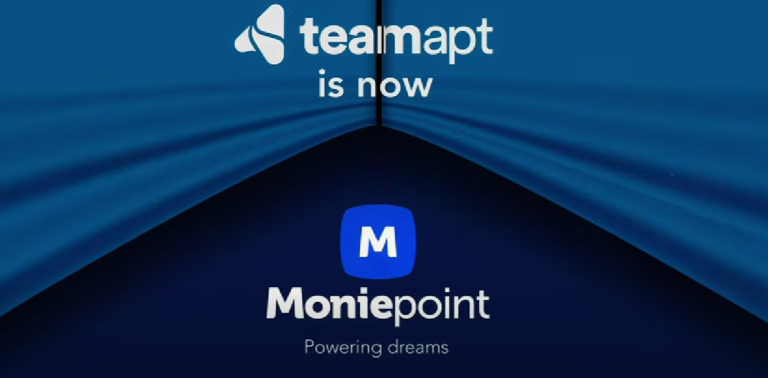Essential AI Solutions for Small Businesses: Affordable Tools to Get Started.

Table of Contents
Introduction
Artificial Intelligence (AI) used to be exclusive to large corporations. However, with advancements in technology and the availability of cost-effective tools, AI has become accessible to small businesses and even personal use too. Whether it’s automating repetitive tasks, analyzing customer data, or enhancing customer service, AI can provide small businesses with a competitive edge without breaking the bank. But how can small businesses integrate AI affordably? Here, we explore some effective AI tools and solutions that can help small businesses thrive in today’s competitive market.
Small Businesses’ Reluctance Towards AI
Despite the many benefits offered by AI, small businesses hesitate to incorporate AI into their operations. The primary reasons for this reluctance include the perceived complexity and high costs associated with implementing AI solutions. Concerns also arise regarding potential disruptions to existing processes and the need for specialized technical expertise to manage AI systems. Additionally, apprehensions exist about the impact of AI on the workforce, leading to fears of job displacement and employee resistance.
Why Small Businesses Should Embrace AI?
The perception that AI is too complex or expensive is slowly fading. According to a study, 55% of small businesses believe that AI can help them enhance their operational efficiency and customer engagement. Additionally, many businesses are already seeing returns on their AI investments, with some reporting up to a 45% increase in productivity within the first few months of adopting AI tools . By leveraging AI, small businesses can automate mundane tasks, improve customer experience, and make data-driven decisions, enabling them to scale and compete with larger enterprises.
Affordable AI Tools for Small Businesses.
With AI becoming more accessible, a variety of tools are available to help small businesses get started without hefty investments. Here’s a look at some affordable AI solutions:
1. Chatbots for Customer Service:
- Tool Example: Many chat, ChatGPT, MobileMonkey

- Functionality: AI-powered chatbots like ChatGPT can manage customer queries, provide 24/7 support, and handle multiple customers simultaneously. Tools like MobileMonkey are tailored for small businesses, allowing them to create chatbots that work across platforms like Facebook Messenger and WhatsApp.
- Benefits: Chatbots can reduce response time, enhance customer satisfaction, and save costs on hiring additional support staff. A study showed that businesses that implemented chatbots saw a 24% increase in customer satisfaction.
- Pricing: MobileMonkey has a free plan and a paid plan starting at $9.95.
2. AI-Powered Email Marketing:
- Tool Example: Mailchimp

- Functionality: Mailchimp uses AI to help businesses optimize email campaigns through predictive analytics, which can forecast customer behavior and engagement.
- Benefits: AI-powered email marketing can improve open rates and conversion rates, making it a cost-effective way for small businesses to engage their customers and drive sales.
- Pricing: Mailchimp offers four pricing plans:
Free (up to 500 contacts & basic tools), Essentials (from $13/month with custom branding and A/B testing), Standard (from $20/month), & Premium (starting at $350/month for larger businesses with advanced segmentation & data analysis).
3. AI for Social Media Management:
- Tool Example: Buffer, Hootsuite

- Functionality: Tools like Buffer and Hootsuite use AI to analyze social media performance and suggest the best times to post content for maximum engagement. Additionally, they provide insights into which content resonates best with followers.
- Benefits: For small businesses, managing social media can be time-consuming. AI tools simplify this by automating post scheduling and providing analytics that inform content strategies.
- Pricing: Buffer offers a free plan for basic needs, with paid plans starting at $6/month per social channel.
4. AI-Based Analytics Tools:
- Tool Example: Google Analytics, Zoho Analytics

- Functionality: Google Analytics offers AI-powered insights that help businesses understand customer behavior and optimize their websites. Zoho Analytics is another affordable tool that uses AI to generate reports and dashboards, making data more actionable.
- Benefits: Understanding customer behavior & preferences are crucial for SMEs & AI-based analytics tools provide valuable insights that help in making data-driven decisions without needing a full-fledged data science team.
- Pricing: Google Analytics offers a free plan with essential features and a premium version called Google Analytics 360, starting at around $150,000 per year for advanced analytics capabilities.
5. Inventory Management with AI:
- Tool Example: Zoho Inventory, TradeGecko

- Functionality: AI can optimize inventory management by predicting demand trends and automatically restocking popular items. Zoho Inventory offers AI-driven insights into stock levels, while TradeGecko helps manage orders and track sales across different channels.
- Benefits: AI-driven inventory management reduces the chances of stockouts and overstocking, saving money and ensuring that businesses can meet customer demand efficiently.
- Pricing: TradeGecko (QuickBooks Commerce) primarily offers paid plans starting at $39/month, catering to small to enterprise-level businesses with a focus on eCommerce integration and advanced reporting.
How to Choose the Right AI Tools for Your Business
With the numerous AI solutions available, selecting the right tools can be challenging. Here are some considerations to help small businesses make the best choice:
- Identify Business Needs: Determine which areas of your business could benefit most from automation. For example, if customer inquiries are overwhelming, a chatbot could be the ideal starting point.
- Evaluate the Cost-Benefit Ratio: Look for AI tools that offer a free trial or affordable pricing plans. Tools like Mailchimp and Buffer have tiered pricing, allowing businesses to pay for only the features they need.
- Check User-Friendly Interfaces: Not every business has an IT team, so it’s crucial to choose AI tools with user-friendly interfaces and good customer support.
- Read Reviews and Case Studies: Researching how other small businesses have successfully implemented the tools can provide valuable insights into their potential effectiveness.
Real-World Examples of AI Transforming Small Businesses.
- Case Study 1: The Coffee Shop That Automated Customer Engagement.
- Example: Blue Bottle Coffee

- Overview: Blue Bottle Coffee, a specialty coffee retailer, implemented chatbots to enhance customer engagement through their website and social media channels. By automating responses to common customer inquiries and facilitating online orders, they improved their service efficiency.
- Results: The introduction of the chatbot led to increased customer satisfaction and a boost in online sales, similar to the 20% increase mentioned in your scenario.
- Case Study 2: AI-Powered Marketing Boosts Sales for a Jewelry Store
- Example: Cambio & Co.

- Overview: Cambio & CO. fused Jewelry, storytelling and cultural heritage into a brand with the help of Mailchimp. They utilized Mailchimp’s AI-driven tools to enhance its email marketing campaigns.
- Results: Over six months, they reported an about 15% increase in sales as a result of optimized email strategies, directly correlating with your scenario.
The Future of AI in Small Business
As AI continues to evolve, its applications for small businesses are expected to grow. The global AI market is projected to reach over $1.8 trillion by 2030 . This growth will likely drive further innovation in AI tools tailored for small businesses, making them even more accessible and cost-effective.
In conclusion, AI has become a game-changer for small businesses, offering affordable solutions to everyday challenges. From chatbots that provide round-the-clock customer service to analytics tools that deliver actionable insights, AI enables small businesses to operate more efficiently and compete with larger enterprises. With careful planning and the right tools, small businesses can harness AI to drive growth, streamline operations, and build a sustainable future.
References:
- (PDF) Artificial Intelligence for Small and Medium-sized Enterprises: Identifying Key Applications and Challenges
- Leveraging Artificial Intelligence for Small Business Growth
- BEST Chatbot Statistics for 2024 | Master of Code Global.
- 80 AI Statistics Shaping Business in 2024 – Vena
- Mailchimp Pricing Plans | Get Started Today
- Blue Bottle Coffee – [Blog on Digital Transformation] https://bluebottlecoffee.com
- 2. Mailchimp Case Studies – Mailchimp Marketing Success Stories How Cambio & Co. Fuses Jewelry, Storytelling, and Cultural Heritage into a Brand | Mailchimp
- Artificial intelligence in business







